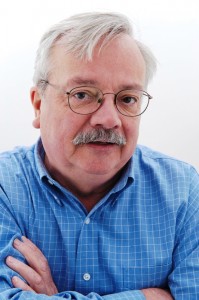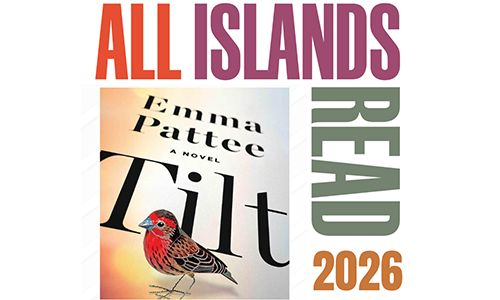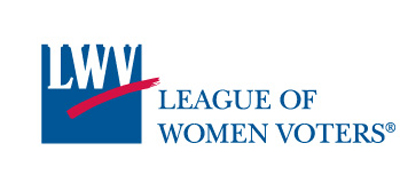
Dr. Jens Kruse, Professor of German at Wellesley College and eNotated Classics author.
By Natasha Ashenhurst for eNotated Classics
Look up the meaning of sabbatical and you’ll find that it literally means a “ceasing”, or a rest from work. For Dr. Jens Kruse, Kafka scholar and Professor of German at Wellesley College, his 12-month sabbatical has is has been far from a rest or vacation, but he has found it a very productive and enriching experience.
“Wellesley College’s expectation for a sabbatical is that research is produced and that publications result. The sabbatical is also supposed to be restorative, but the research expectation is paramount,” said Kruse. The first nine months were spent at his home on Orcas Island and then he traveled to and throughout Germany. “I spent about a month in Germany doing research for Kafka’s 1914, mostly at the Deutsches Literaturarchiv (German Literary Archive) in Marbach, near Stuttgart,” he said.
Early in the sabbatical year Dr. Kruse achieved his publishing goal and produced two eNotated Classic editions of important Kafka stories, “A Country Doctor” and A Hunger Artist.” The eNotated “A Country Doctor” was published September 14, 2012 and The eNotated “A Hunger Artist” is complete and will be published this week.
Dr. Kruse has two other Kafka texts published by eNotated Classics, The eNotated In the Penal Colony and The eNotated Metamorphosis, both of which he used in a case study to determine if the eNotated technology would affect the students’ preparation for class and the discussion in the classroom. eNotated texts provide electronic annotations that are accessed by clicking on the highlighted passage. In addition the books contain essays, and background information conveniently accessible through links, and a comprehensive table of contents.
What Dr. Kruse learned from the case study was that students found the eNotated editions extremely helpful, the navigation easy and intuitive, and his students characterized the whole reading experience as “cool.”
They felt enriched by the notes and often read the topic essays prior to a class meeting where that theme might be discussed. They also felt that the introduction, essays, images and bibliography aided them in their preparation and that the easy accessibility of the notes helped them past difficult or puzzling passages and enabled them to forge ahead enlightened by the material in the note,” he said. He plans on using his new Kafka texts in future classes based on the success of his previous experience.
“A Hunger Artist” is one of the most important European short literary works of the early 20th century – simultaneously compelling and confusing, seemingly otherworldly and yet saturated with its historical context. Dr. Kruse provides a framework that, while not solving the puzzle Kafka left, makes it much clearer.
Based on the Ian Johnston translation, The eNotated “A Hunger Artist” includes 20 Kafka related images and extends Kafka’s writing by providing a new layer of information behind the text.
Dr. Kruse plans to resume teaching in late January. “I am scheduled to teach three courses and know I will get very little, if any, research and writing done during that time,” he said. Asked when he’ll get his next sabbatical “I don’t know. Retirement might come sooner,” he said.
**If you are reading theOrcasonian for free, thank your fellow islanders. If you would like to support theOrcasonian CLICK HERE to set your modestly-priced, voluntary subscription. Otherwise, no worries; we’re happy to share with you.**







